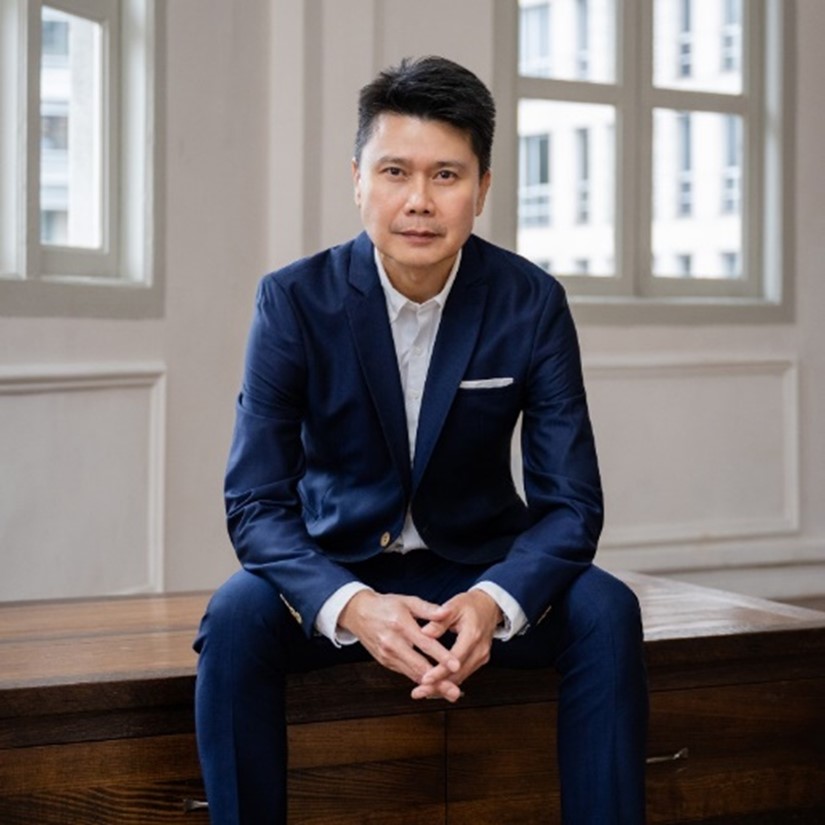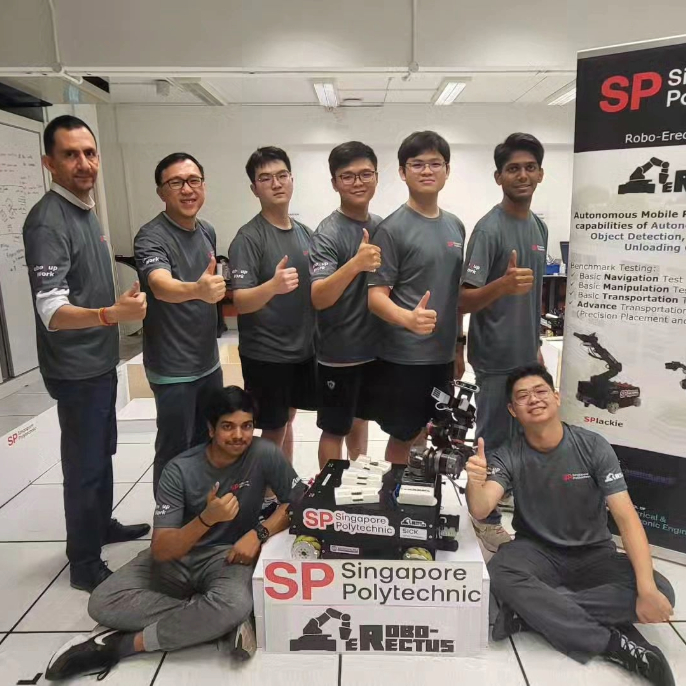If you want to advance Singapore’s industries and services with smart and sustainable technologies, then Diploma in Electrical and Electronic Engineering (DEEE) is for you. With a prestigious history of over 65 years and over 20,000 successful graduates, the DEEE course has a reputable track record of producing successful engineers who are highly sought-after in the field.
In addition, you will graduate with a Minor upon the completion of a suite of related elective modules. SP offers 6 Minors for you to choose from:
DEEE students make a choice between the 7 specialisations in Year 3 of the Course. These exciting paths have been designed to suit the interest, strength, and career aspiration of the students.
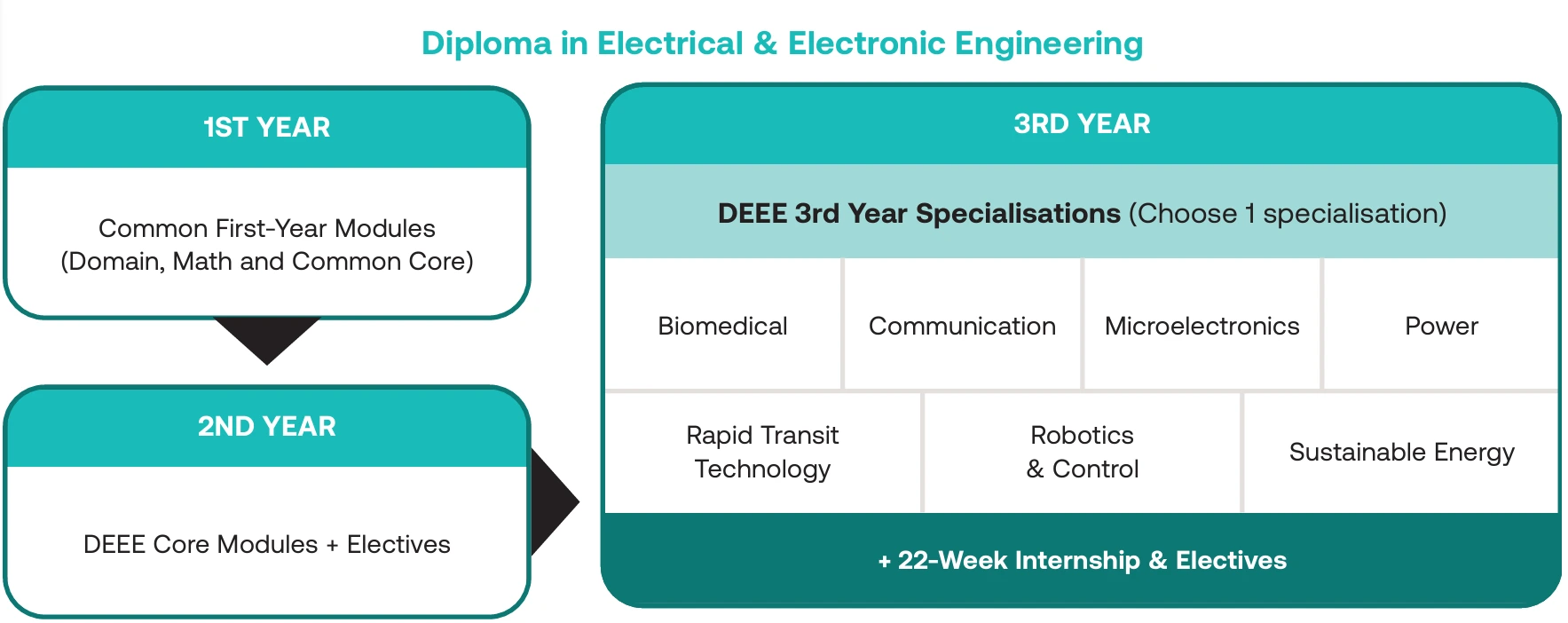
Please note: Course structure is subject to change.
The SP elective framework offers students options to pursue their passion and/or meet different career needs, and is an integral part of the holistic education we seek to provide to our students.
Learn about SP Elective Framework
The Common Core Curriculum equips you with essential human and digital skills to succeed in a changing world. Electives let you explore passions or tailor your studies to specific career goals, ensuring you're well-rounded.
In Year 3, you’ll apply your knowledge through an internship, gaining hands-on experience in the industry while also completing the common modules.
You can also specialise in the area of your particular interest by choosing from the following specialisations:
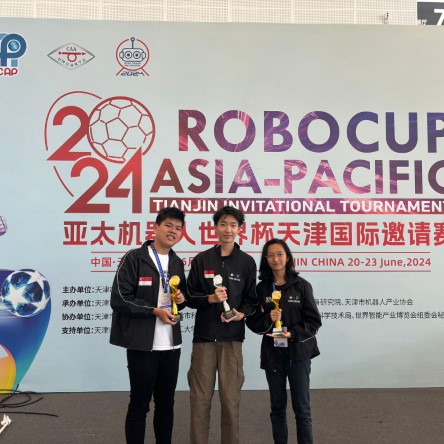
What are the eligibility requirements for electrical and electronic engineering?
It should be noted that applicants, particularly those who wish to pursue a career in electrical power engineering or as a Licensed Electrical Worker (LEW), with colour vision deficiency may encounter difficulties meeting the course requirements and expectations, as this condition is required by the Energy Market Authority (EMA) of Singapore. Those with mild colour deficiency are required to undergo an in-house test. Interested applicants with this condition are highly encouraged to contact Singapore Polytechnic for more information.
You must meet the following criteria to qualify for the Diploma in Electrical and Electronic Engineering:
Electrical and electronic engineering is right for you if you enjoy solving technical problems and have strong skills in logical thinking, problem-solving, and experimentation. It suits students who are analytical, detail-oriented, and thrive on understanding complex systems. If you’re driven by curiosity and like to work hands-on with technology, this diploma will refine your skills and prepare you for real-world engineering challenges.
SP offers many scholarships to recognise talent and service, from Year 0 to after graduation. These scholarships provide tuition fee waivers and chances to represent SP. They are awarded for academic excellence, contributions to arts or sports, and community service. Edusave awards and external sponsorships are also available.
.jpg?Status=Master&sfvrsn=999c8f2c_1)
Electrical and electronic engineering at SP prepares me for the future.
Getting familiar with industry tools comes through hands-on practice.
At SP School of Electrical & Electronic Engineering, there are many modern laboratories prepared for our students to facilitate their learning. You may experience an augmented learning environment in rail engineering with our latest integrated rail system simulator, a first among all polytechnics. Quite a number of EEE labs are co-developed with our industry partners, for instance the SP-Shenhao robotics laboratoy, the SP-Advantest engineering test centre, and SP-CHINT power engineering lab.
SP’s modern facilities help you master the basics and explore new ideas so that you’re ready for real-world challenges.
Electrical and electronic engineering at SP prepares me for Singapore.
Electrical and Electronic Engineering in Singapore is a gateway to thriving opportunities, especially in the electronics industry, which employs 68,000 professionals in Singapore. With SP’s focus on the CDIO (Conceive, Design, Implement, Operate) framework, you'll gain practical skills to drive AI, smart systems, and sustainable tech, positioning you at the forefront of Singapore’s push to grow as a leading innovation hub.
Electrical and electronic engineering at SP prepares me for the world.
Each specialisation helps you gain expertise and prepares you for various careers in engineering.
Diploma in Electrical and Electronic Engineering offers various specialisations. At SP, you can choose from these fields:
Each specialisation helps you gain expertise and prepares you for various careers in engineering.
SP students in electrical and electronic engineering undertake internships at startups, SMEs, MNCs, and government agencies. The 22-week internship offers valuable industry experience.
Students have interned at SP Group, AMD, GlobalFoundries, SMRT, A*STAR, DSO, Siemens, ST Electronics, Singtel, Sembcorp, Tan Tock Seng Hospital, and many more. Some EEE interns have made significant contributions, outperforming their university counterparts.
Many started as interns and later secured roles such as Assistant Electrical/Electronic/Quality Engineer. This hands-on experience allows you to make an impact and prepare for a successful career.
Internships connect you with industry professionals, offering job insights and opportunities. SP supports with coaching to boost your confidence and employability. Experiencing diverse internships broadens your career perspective, leading to informed decisions, higher starting salaries, and business exposure. A quality internship provides meaningful work, learning opportunities, professional growth, and guidance from mentors.
Overseas exposure helps broaden your horizons. Understanding globalisation and working with diverse cultures is important in a global city like Singapore. Electrical and electronic engineering students and alumni have gained enriching global experiences through international competitions, overseas internships, exchange programmes, leadership camps, Learning Express (LeX), and experiential learning programmes. This exposure has enriched their worldviews and career prospects. Students in other CCAs also have opportunities to represent Singapore abroad and gain international experience.
We know some of you want to push yourself further and take on more challenges. Stepping out of your comfort zone and being more active can help.
SP students have participated in and won competitions like the WorldSkills International Competition, Robocup, and Lee Hsien Loong Interactive Digital Media (IDM) Smart Nation Award. These achievements build confidence by testing your skills and knowledge. Competing helps you see where you stand and grow from the experience.
Most students who pursue an undergraduate degree after a Diploma in Electrical and Electronic Engineering either specialise in a related field or explore complementary areas.
Common degrees our alumni have pursued include:
These degrees cover a wide range of fields and are offered by universities both locally and globally. For a full list of degree options and advanced standings at local or overseas universities, please visit the Advanced Standing Database.
If you’re preparing for university and want to make the most of your diploma time, an SP diploma can let you fast-track your education by 0.5-2 years!

If you specialise in power engineering, you can apply for an Electrical Technician License from the Energy Market Authority after you graduate.
DEEE Gold Medallist | The Lee Kuan Yew Award | SP Excellence Award recipient | Class of 2022 Gabriel Lee: Exploring Diverse Pathways in Electrical & Electronic Engineering The DEEE diploma offers a comprehensive environment for exploring EEE fields, helping students find their niche through a structured curriculum, advanced labs, and projects. It emphasizes self-directed learning, preparing students for real-world challenges like internships at DSO National Laboratories and WorldSkills competitions. The program fosters holistic development with supportive faculty and numerous growth opportunities.
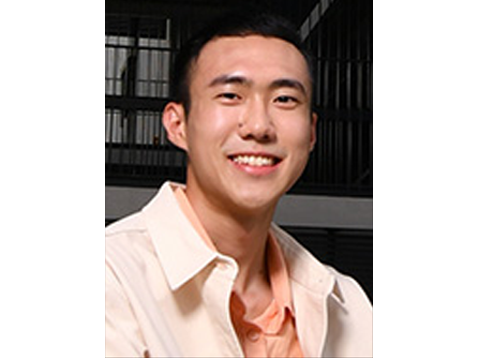
DEEE Gold Medallist | Wee Cho Yaw Future Leaders Award recipient | Class of 2021 Uncovering Natasha Tan’s Potential in Engineering At the age of 17, I was unsure if Electrical and Electronic Engineering was the course for me. Fortunately, SP DEEE provided me with numerous opportunities to explore different aspects of engineering. Not only did I learn about mathematics and circuit theory, but also programming, computer aided design, electrical installation, and micro-nano electronics. My lecturers also enabled me to reach my fullest potential.
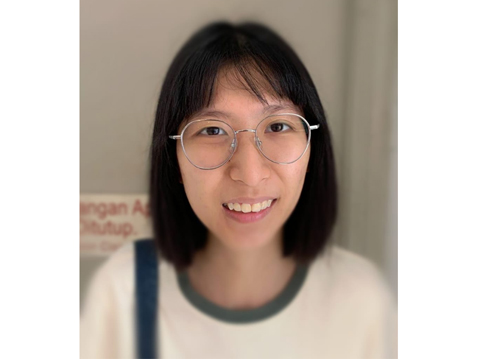
DEEE Gold Medallist | Class of 2019 Gaining Practical Skills for a Lifelong Engineering Journey With an inquisitive mind and a fascination for understanding how things work, Singapore Polytechnic's Diploma in Electrical & Electronic Engineering (DEEE) course offered me exposure to a wide range of technologies in the field. The course's emphasis on solving practical problems deeply appealed to me. Beyond technical knowledge, it provided a holistic education, equipping me with both broad and deep foundations. I am grateful for how the DEEE course prepared me to be industry-ready and nurtured a mindset for lifelong learning.

DEEE Gold Medallist | Valedictorian, NTU EEE | Koh Boon Hwee Scholar | Class of 2017 The DEEE course at SP provided a strong engineering foundation and industry exposure, enabling success at NTU. There, I conducted photonics research presented at SPIE Photonics West, launched a 3D printing start-up, and graduated as valedictorian of the School of Electrical & Electronic Engineering. Honored with the Koh Boon Hwee Scholars Award, PEB Gold Medal, and NTU EEE Excellence Award, I am inspired to pursue a PhD under the Nanyang President’s Graduate Scholarship.
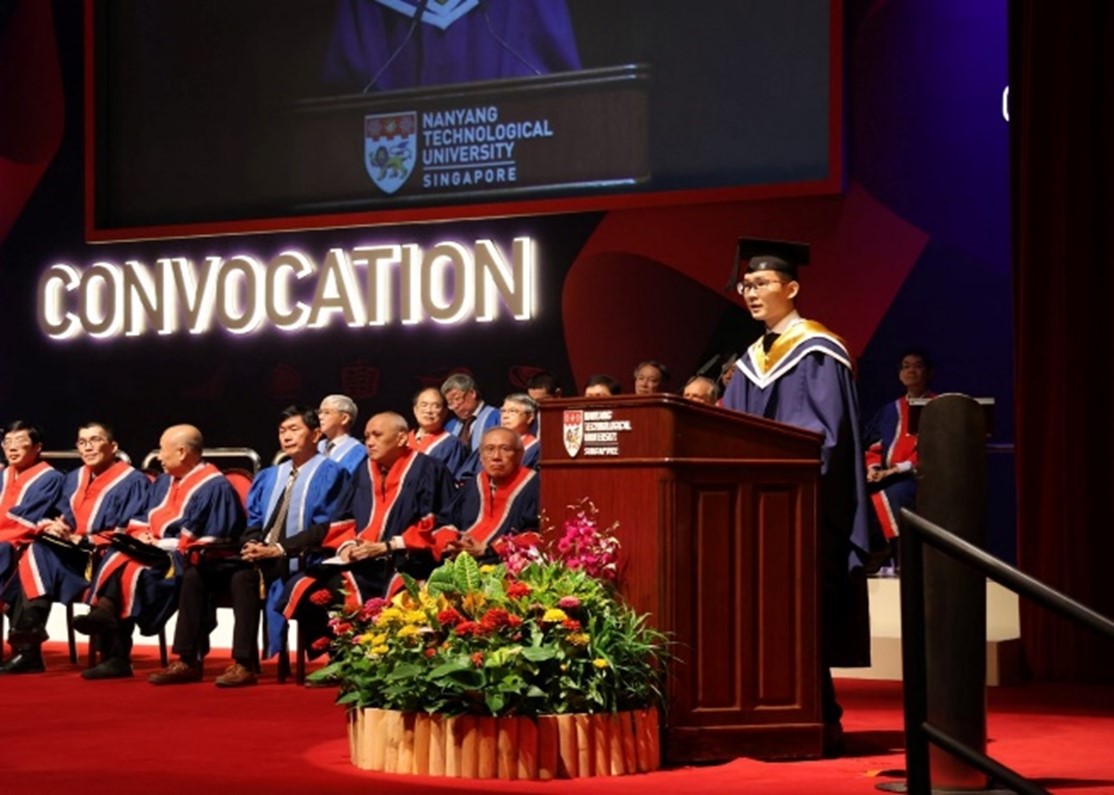
PSC Scholar | EEE Silver Medallist | Class of 2016| In 2016, I became the first EEE graduate to receive a PSC scholarship, which allowed me to pursue a double degree in engineering at SUTD and Business Management at SMU. As a DEEE Silver Medallist, I believe my success highlights EEE's ability to empower students to realize their potential. I credit the course’s specialisations, holistic curriculum, supportive lecturers, and conducive learning environment for enriching my education and helping me discover my true potential.
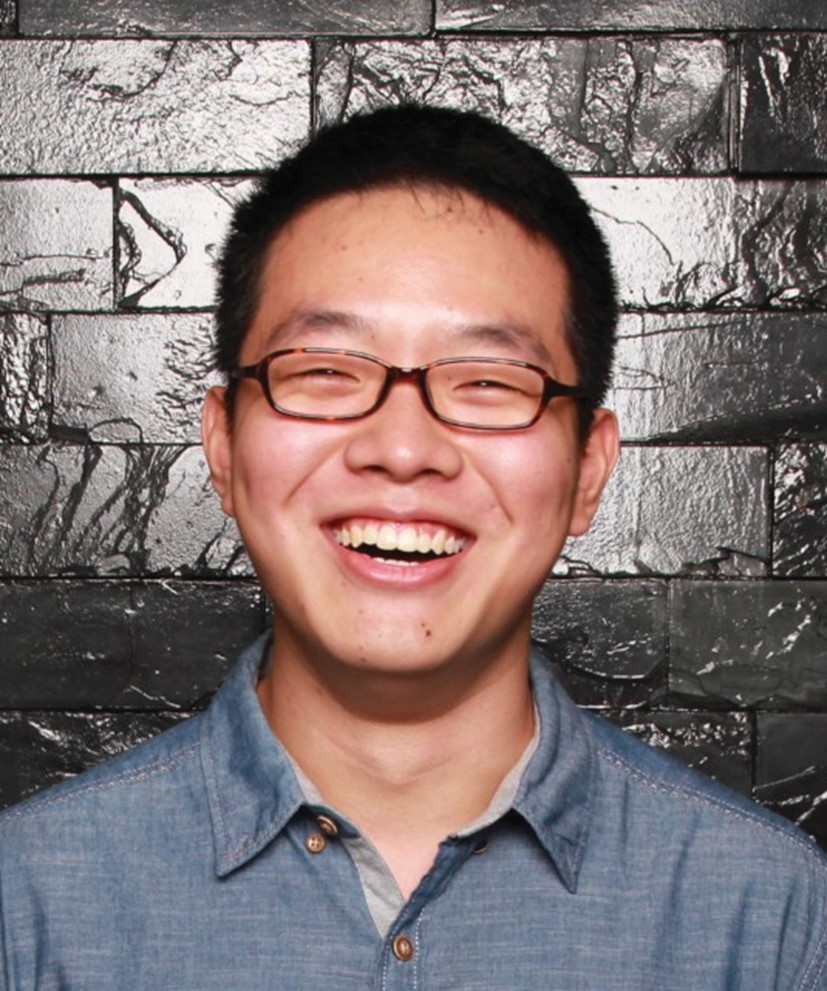
Tay Eng Soon Gold Medal Recipient | Motorola Prize Recipient | Class of 2012 From a rebellious teenager to an inspiring top graduate, Alan Yeo’s journey exemplifies perseverance and resilience. After overcoming academic setbacks and challenges, Alan excelled at ITE and SP, graduating with a perfect GPA. His dedication earned him direct entry to the second year of both NTUand NUS. Now, as Senior Vice President at Bridge Alliance, Alan continues to drive innovation in IoT and enterprise solutions, proving that with hard work, no goal is out of reach.
